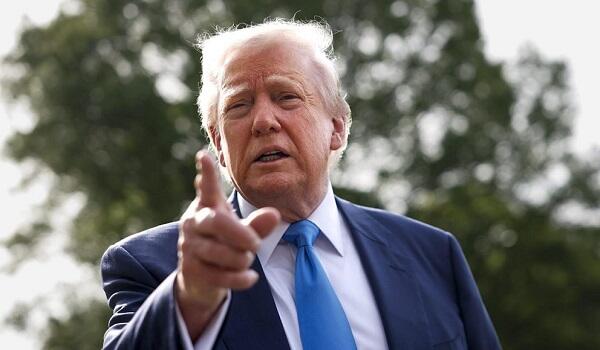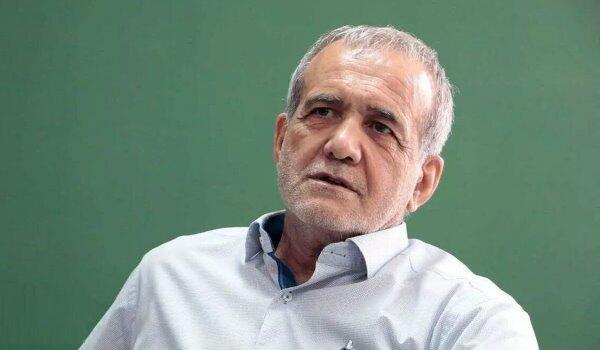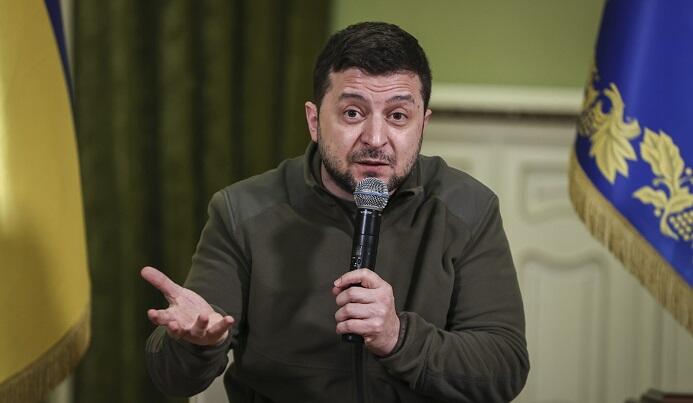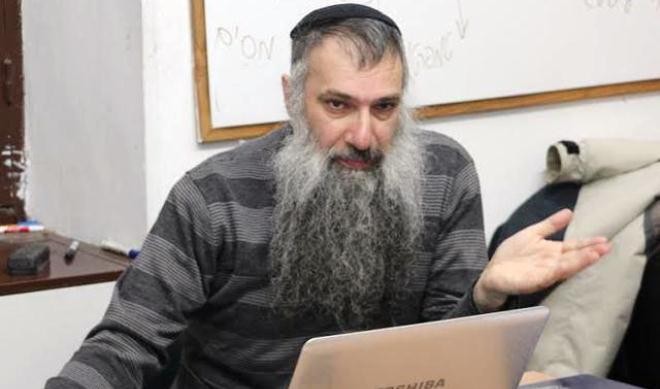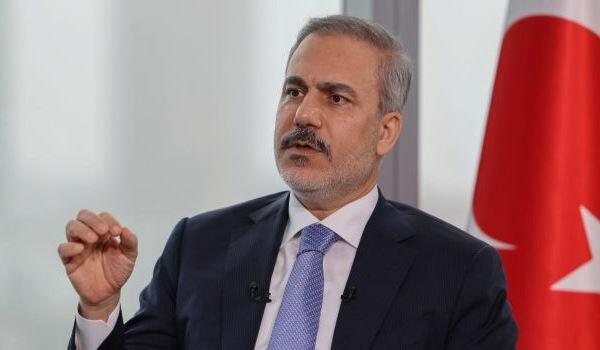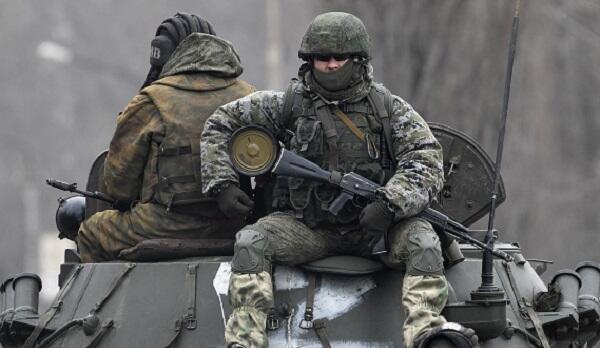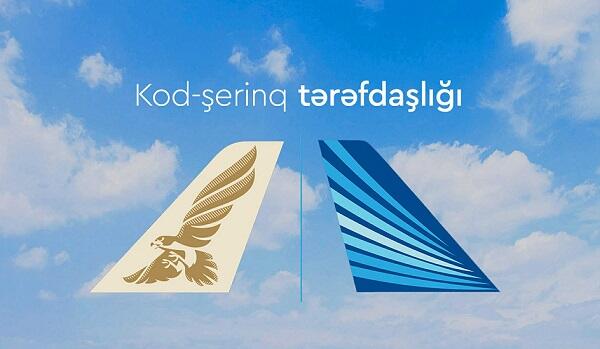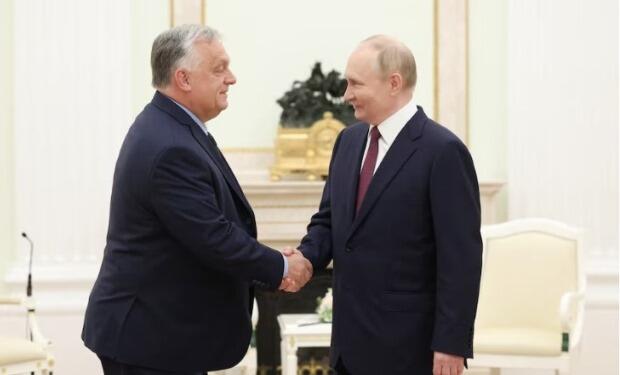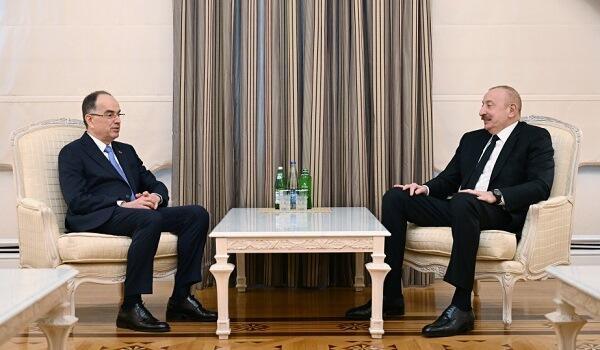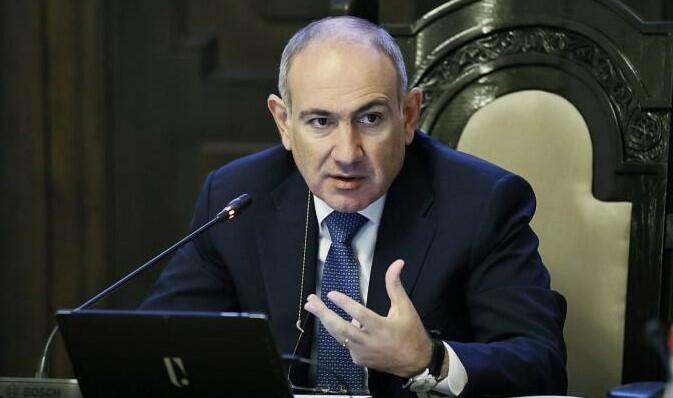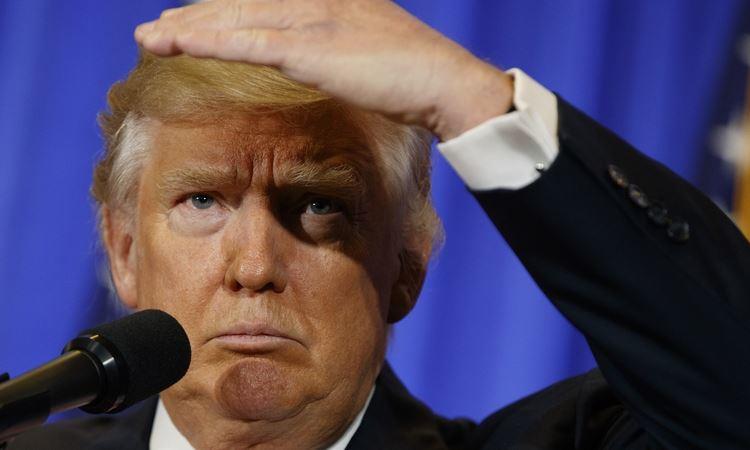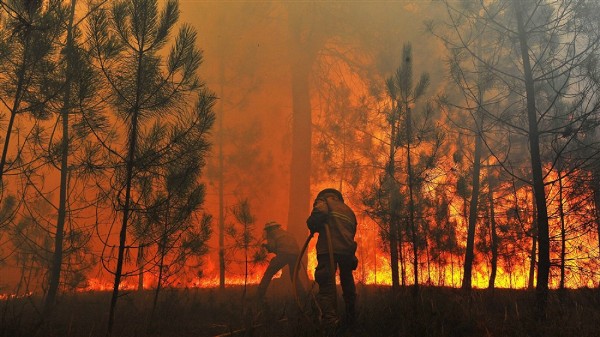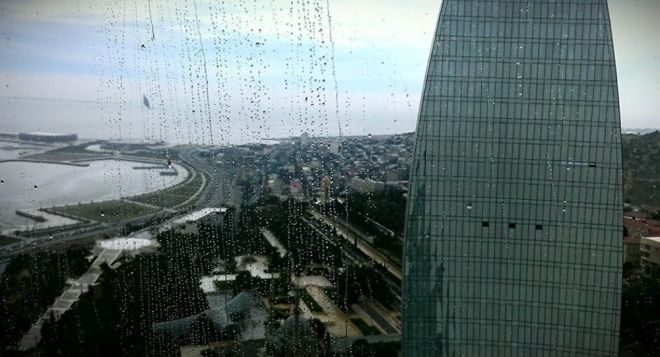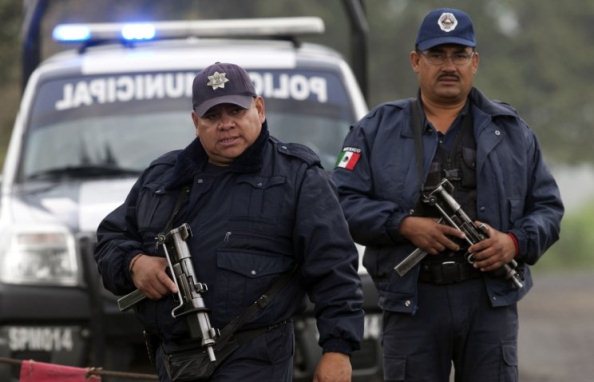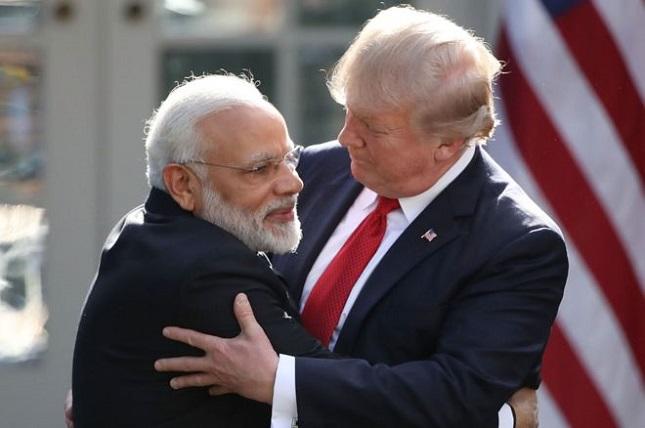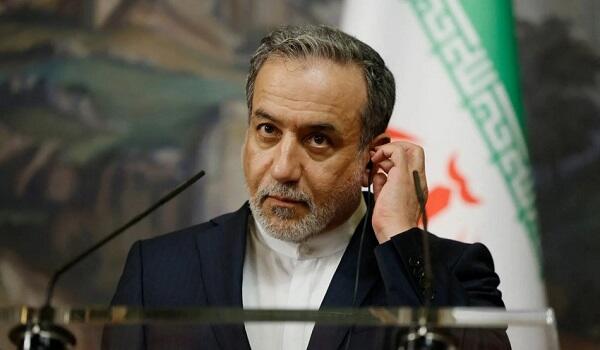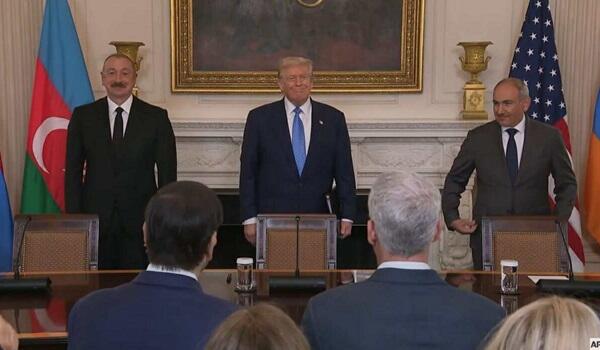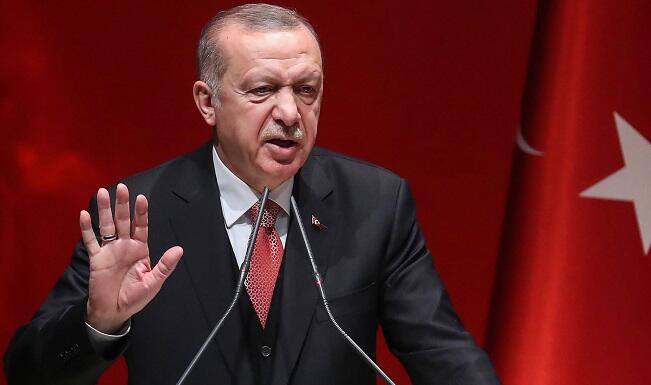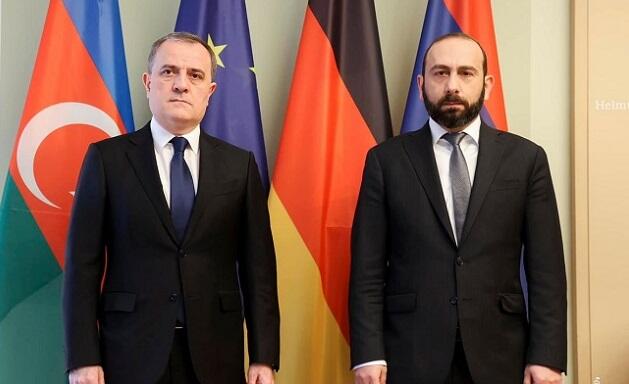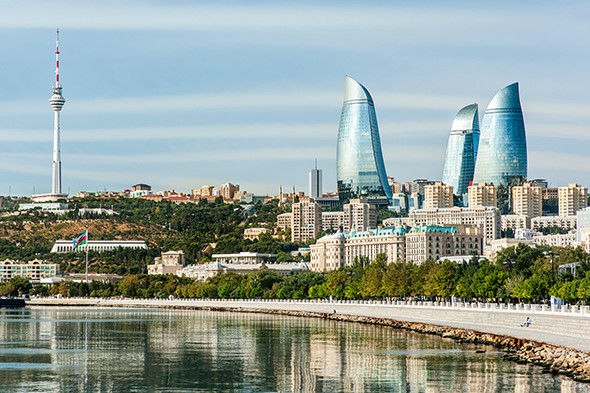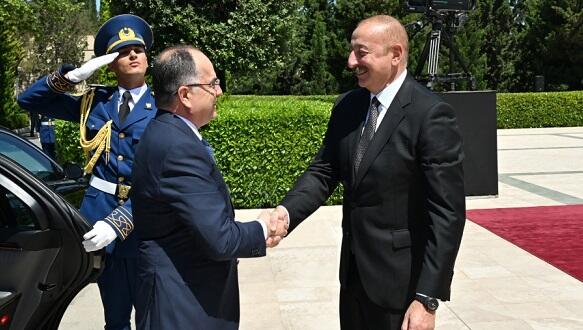Pashinyan’s policies differ sharply from 19th-century Armenian nationalist movements.
Axar.az reports that these views were expressed by Avraham Shmulevich, an Israeli expert on the Middle East.
According to him, the Armenian movements of the 19th century were driven by the goal of creating a mythical “Great Armenia,” an ideology rooted in ethnic cleansing and territorial claims.
By abandoning expansionist and aggressive steps, Pashinyan has brought about a revolutionary shift in Armenia’s politics, Shmulevich said. This change became possible after Armenia’s defeat in 2020 and reflects Pashinyan’s realistic approach.
The expert believes it is important for pro-normalization forces under Pashinyan’s leadership to remain in power, as otherwise revanchist and militaristic forces could regain strength.
Shmulevich noted that Iran and Russia play a special role in Armenia’s economy and hold significant influence over the country:
“In Iran and Russia, there are forces that see the normalization of Azerbaijan–Armenia relations and the opening of the Zangezur corridor as a ‘deadly threat’ to themselves. Additionally, members of the Armenian diaspora in Iran and Russia actively participate in various political processes. International Armenian organizations, particularly those in Paris and California, also continue the ideology of ‘fighting Turks to the last Armenian.’ They could use all possible means to overthrow Pashinyan’s government, seriously damaging the peace process in the region.”
According to Shmulevich, maintaining stability in Armenia is of vital importance for Azerbaijan:
“For the Armenian constitution to be amended on issues concerning Azerbaijan’s territorial integrity and for the peace process to continue successfully, the existing agreement must first be solidified and Pashinyan’s government strengthened. Premature pressure could disrupt the peace process.”


